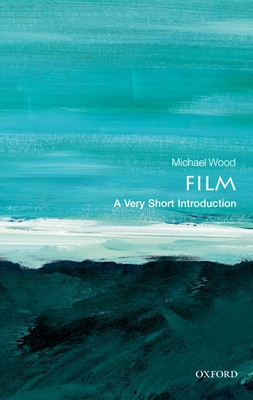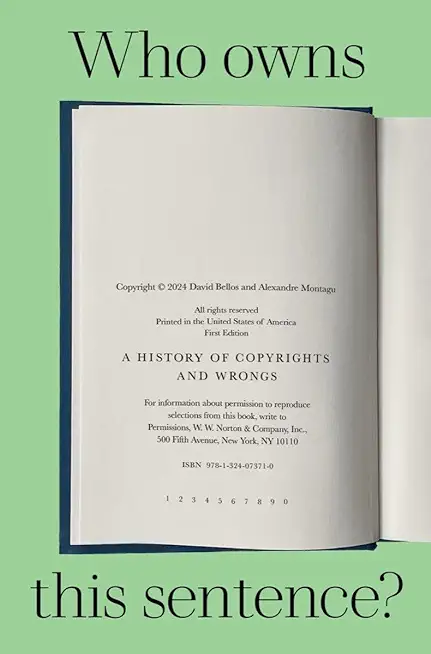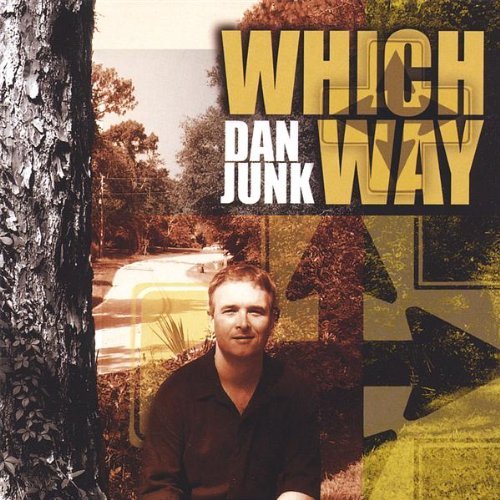
description
6n the first months of 1936, Adolf Hitler risked everything by ordering his untrained military to reoccupy the Rhineland. It was a bluff. The Germans would have been forced to retreat if the French or British had offered the slightest opposition. But the bluff succeeded. History changed decisively. Hitler quieted the opposition at home, and marched the world relentlessly on, to the edge of destruction and beyond. 'A Prophet Without Honor' examines that lost chance in detail. The result is a compelling story full of intrigue, danger, romance, and action, culminating in the reckoning that Hitler might have faced, had events taken a different course. It's a hugely entertaining story, written in epistolary style (though journal entries, letters, excerpts from biographies, etc.) with a richly textured sense of time and place. But, although I have labeled the novel an alternative history, for want of a better word, it is considerably more serious than mere 'what if' speculation. There is no fantasy in the book, no extended account of an alternative universe. Rather, I meant the book to celebrate what Wordsworth famously referred to as 'the little nameless unremembered acts of kindness and of love' - or, in this case, the nameless unremembered acts of honor and of heroism. It is possible that we never know or appreciate the greatest heroes among us, because the acts themselves swallow up the consequences, and the actors are forever lost in the shadows of history. In a profound sense, virtue is indeed its own reward, and in fact the only reward. The significance of those unknown and unknowable acts is the real subject of 'A Prophet Without Honor'.
member goods
No member items were found under this heading.
listens & views

HANNAH MONTANA FOREVER [STANDARD] / ...
by HANNAH MONTANA FOREVER [STANDARD] / VARIOUS (PORT)
COMPACT DISCout of stock
$10.99
Return Policy
All sales are final
Shipping
No special shipping considerations available.
Shipping fees determined at checkout.






